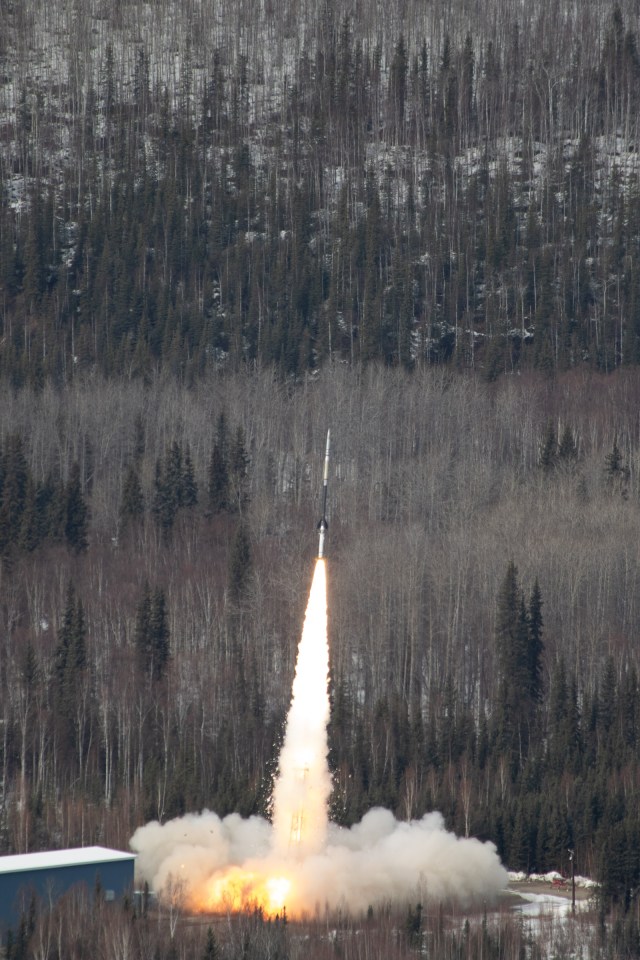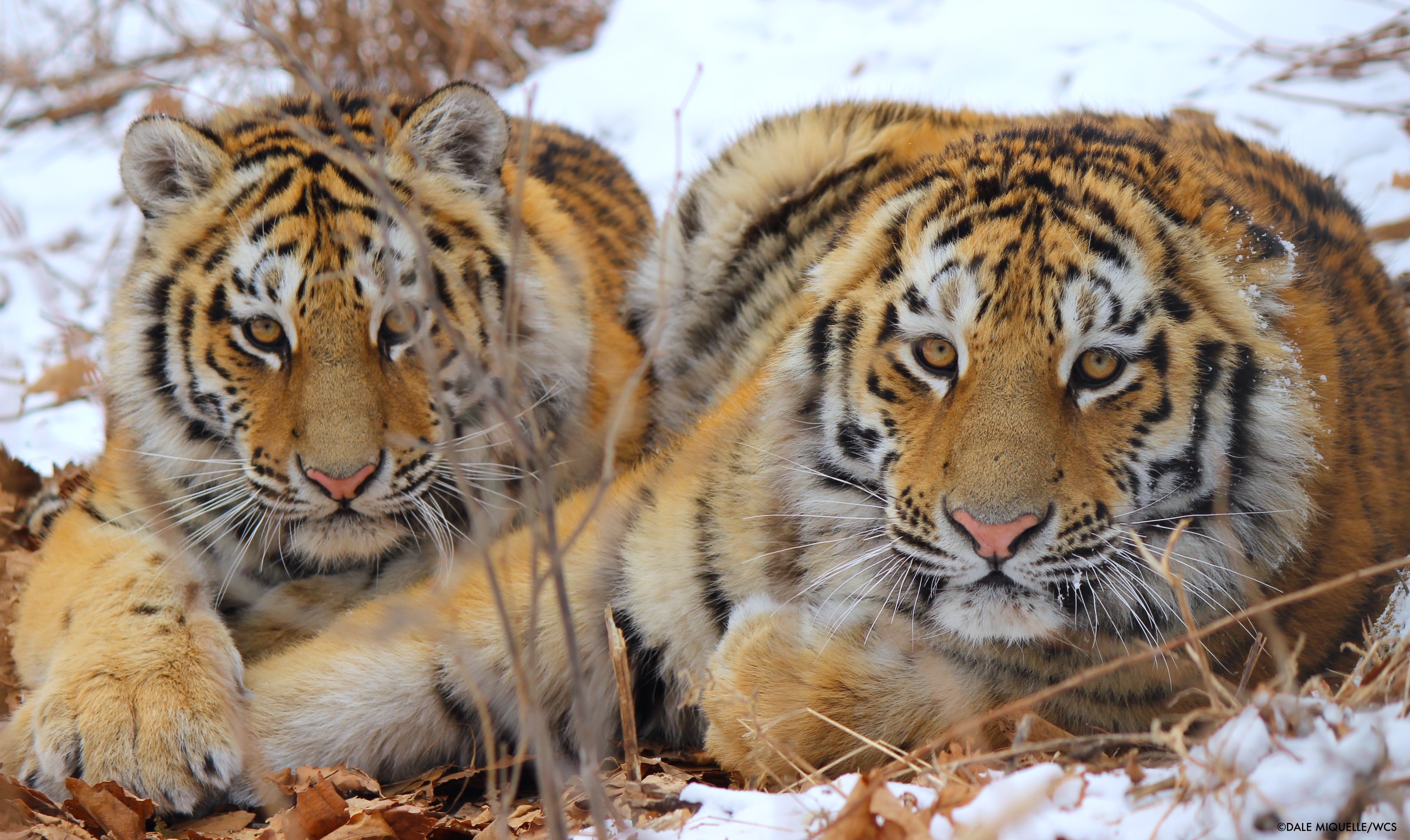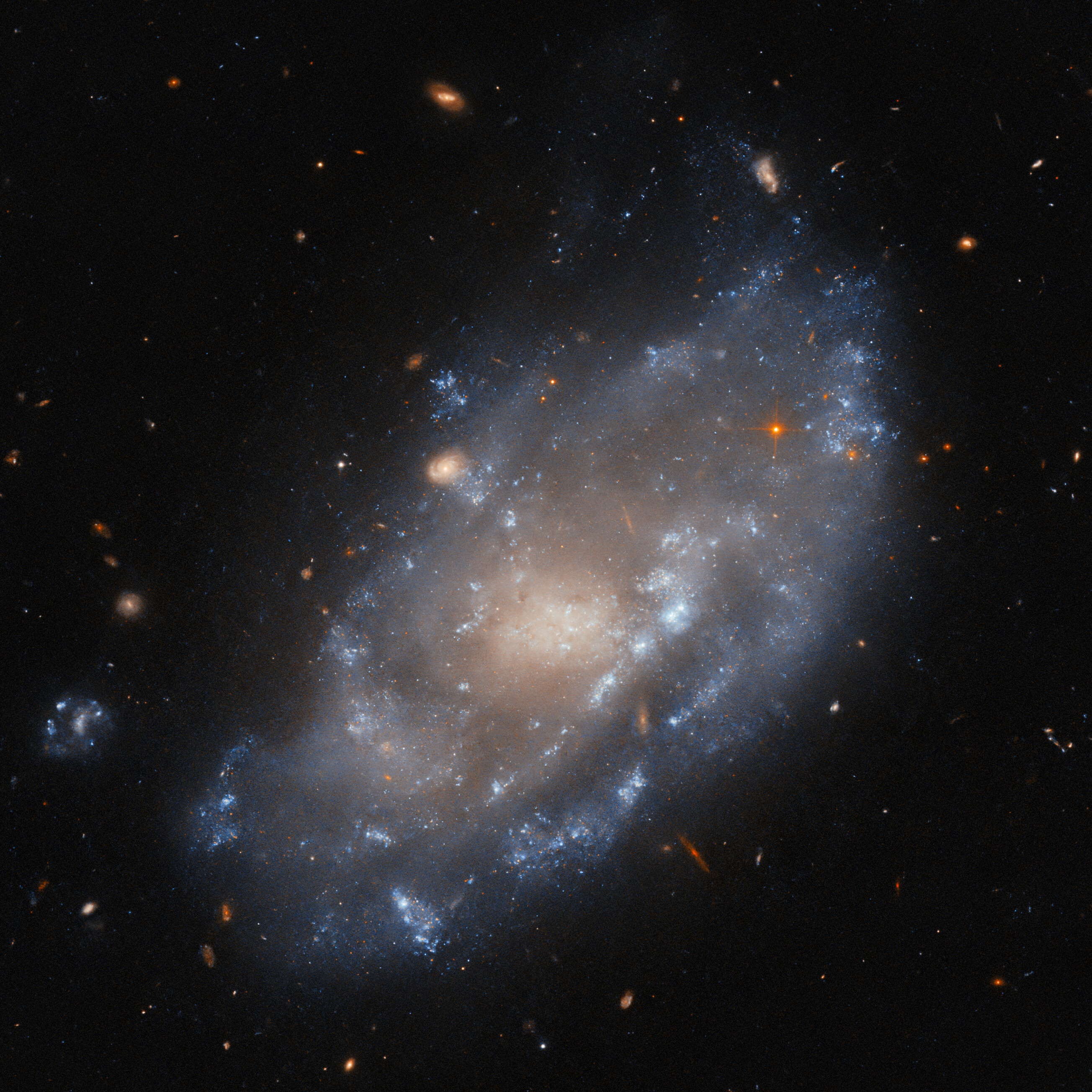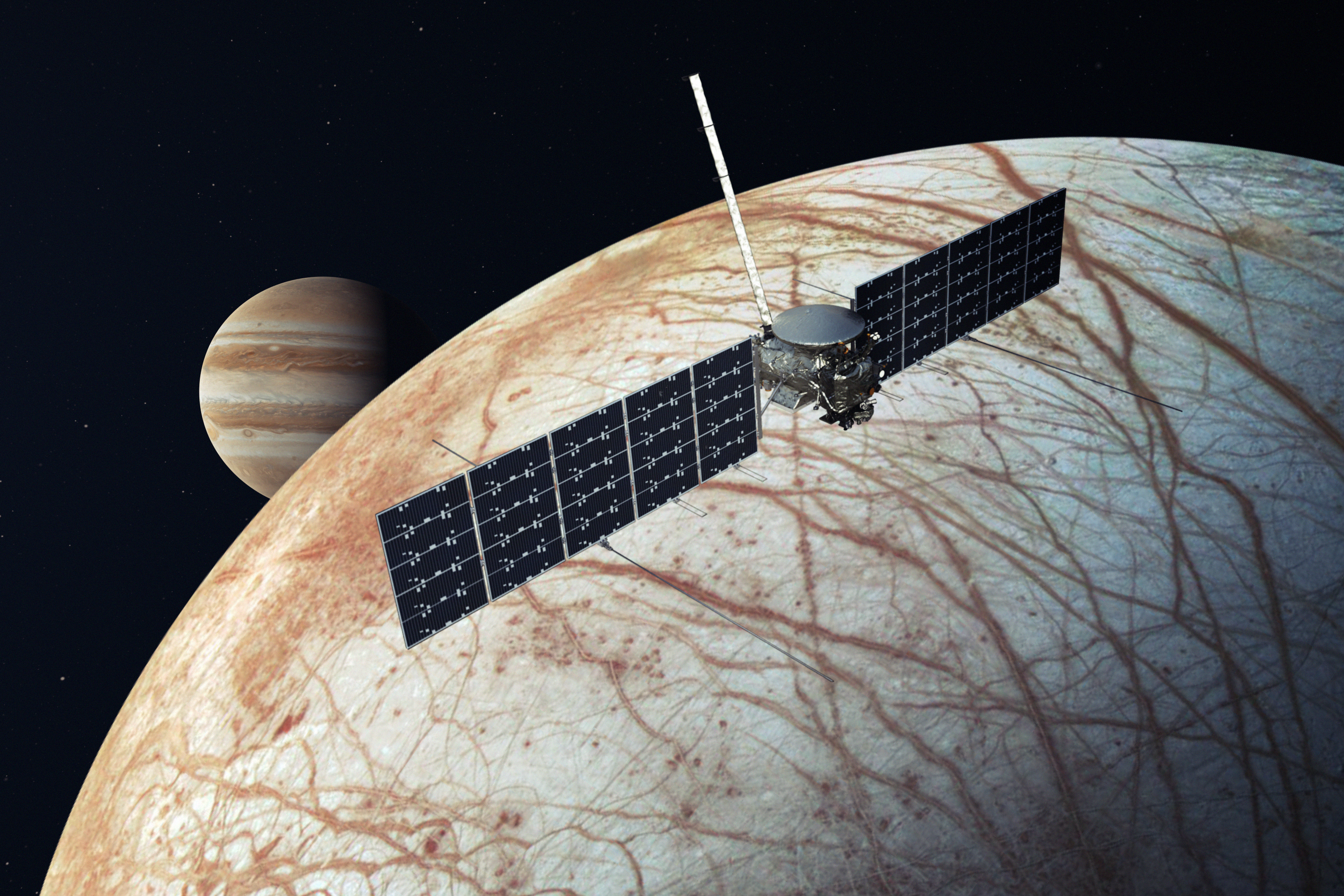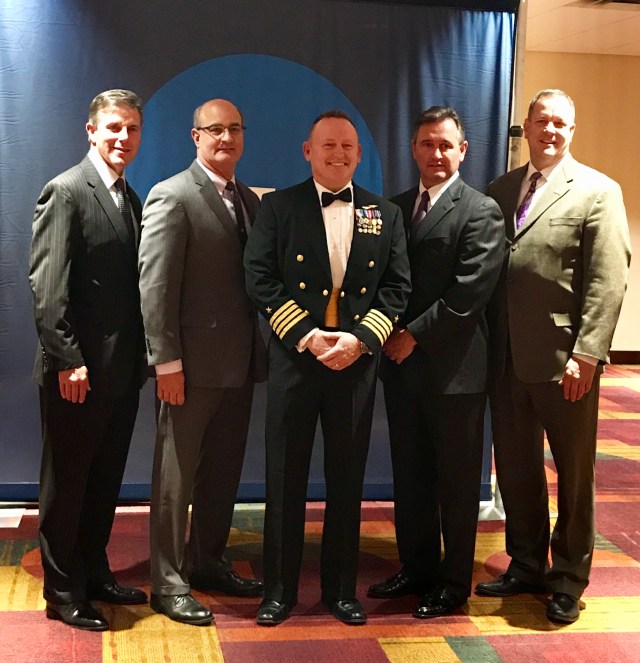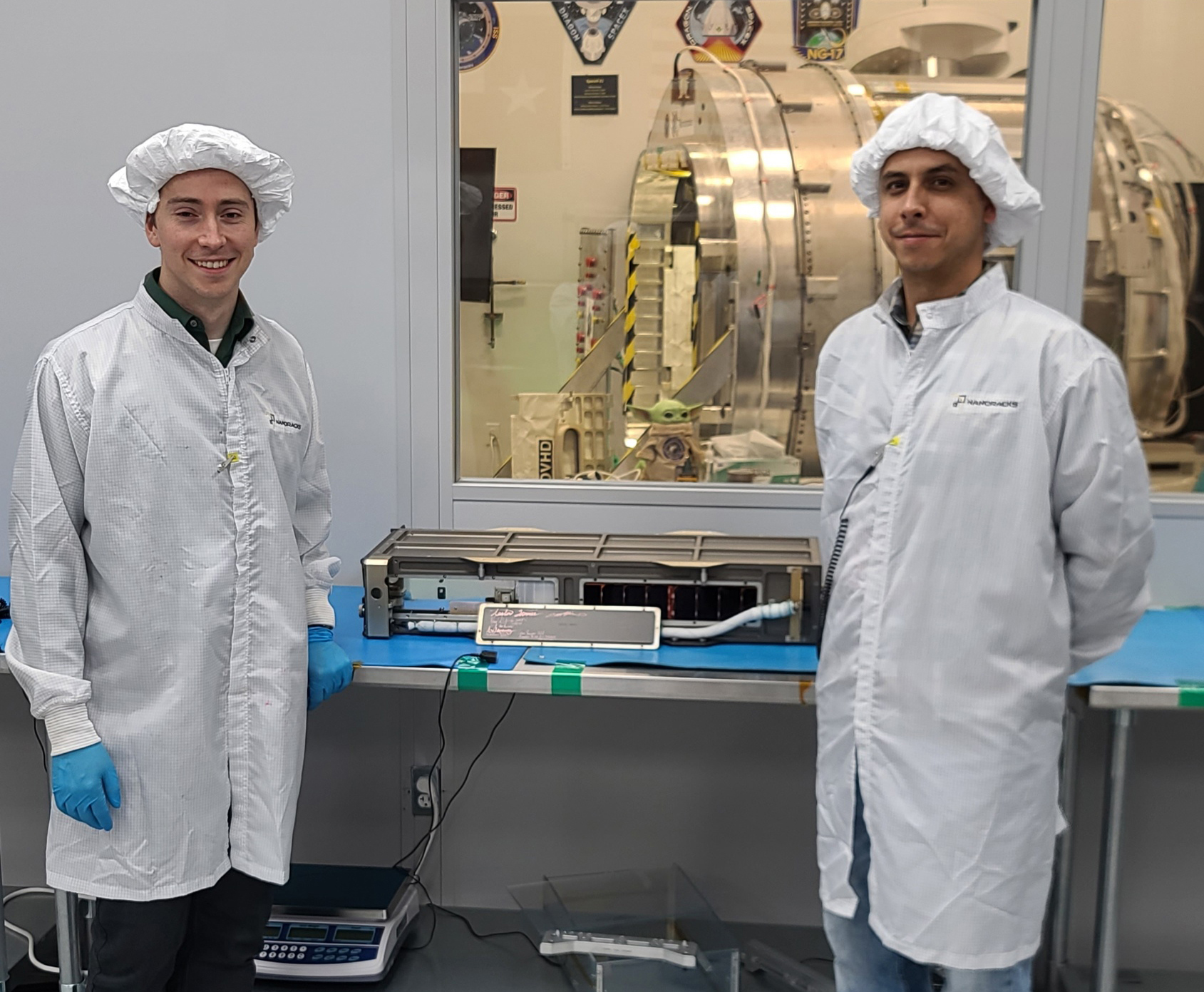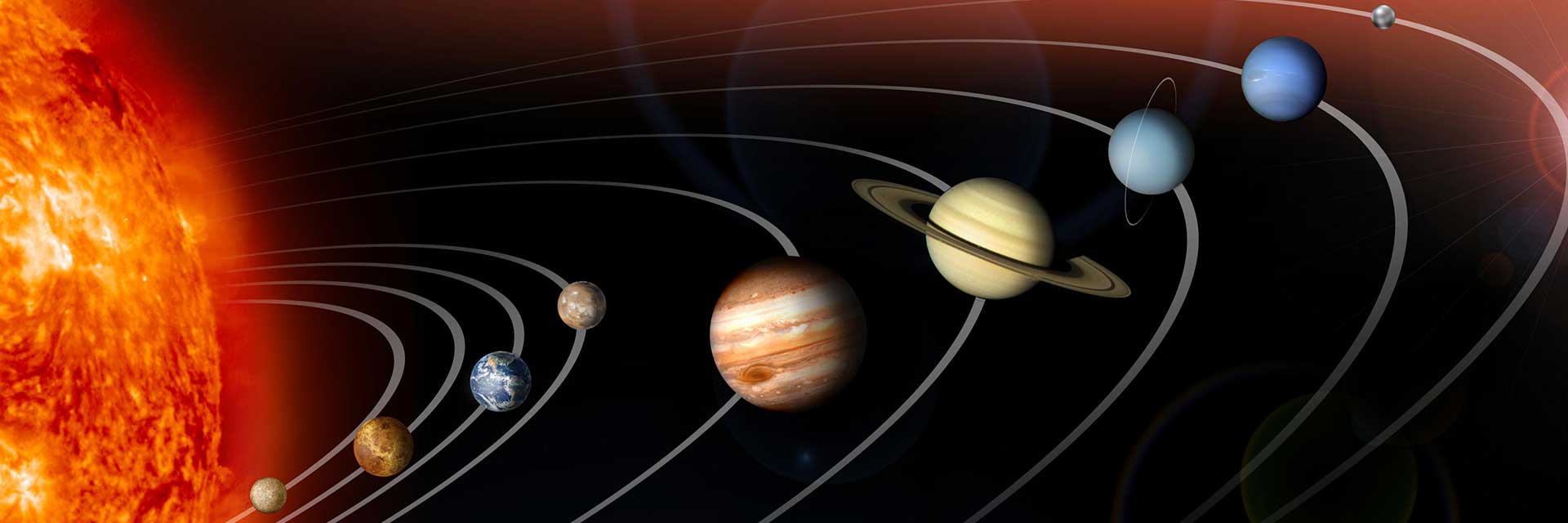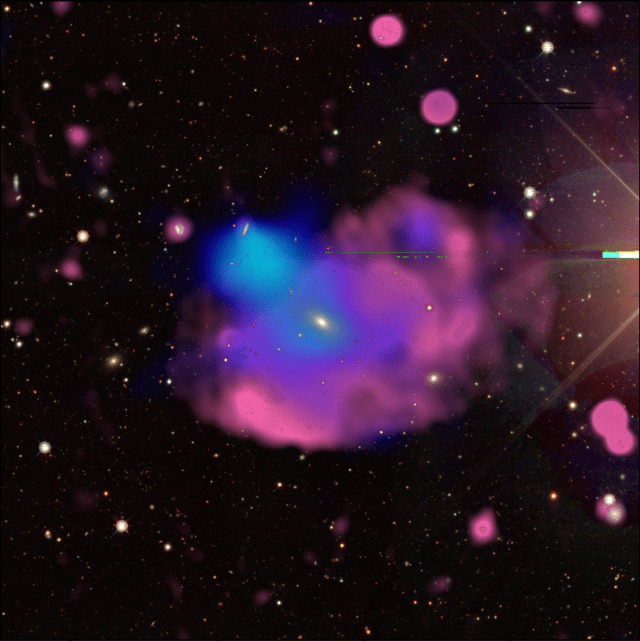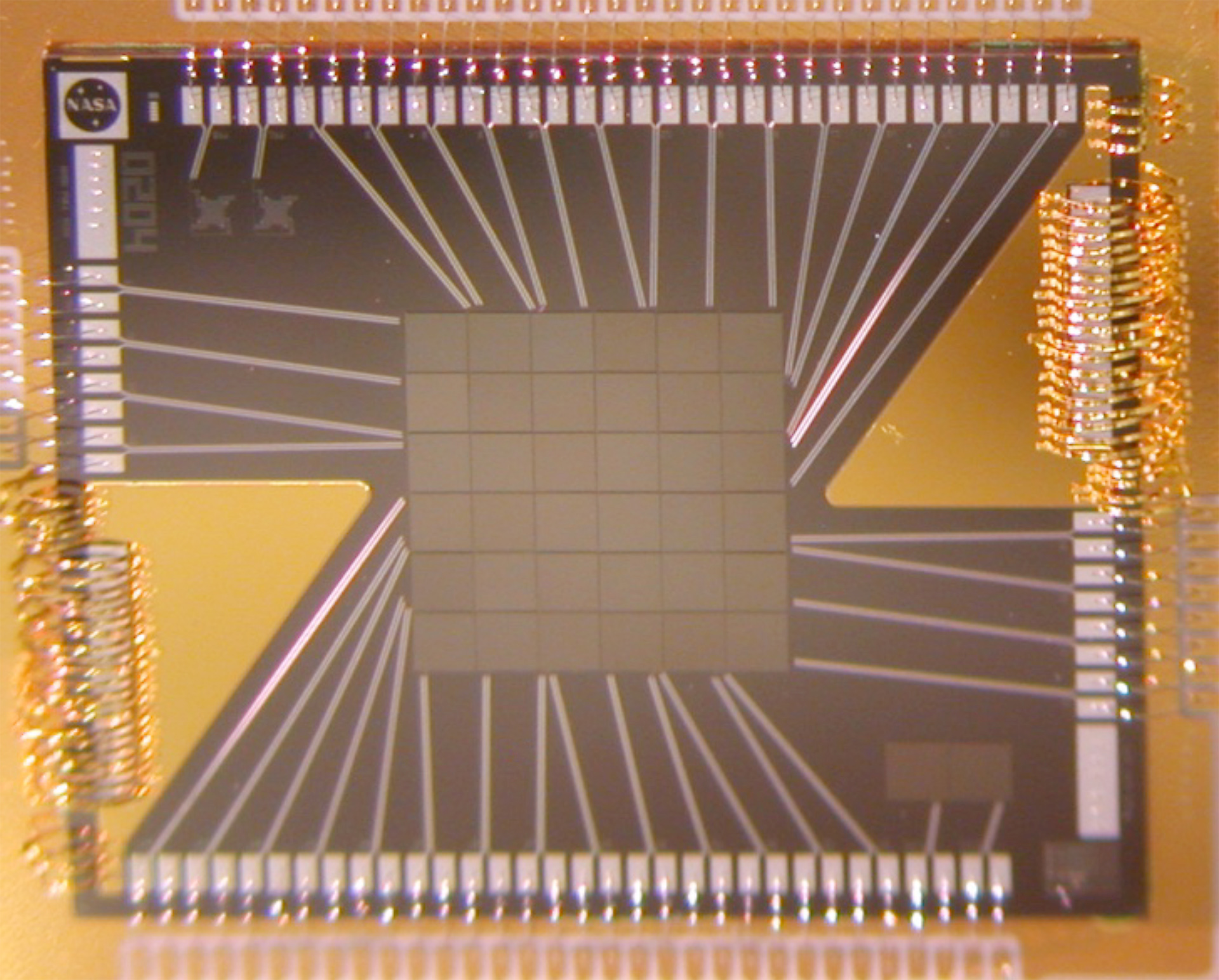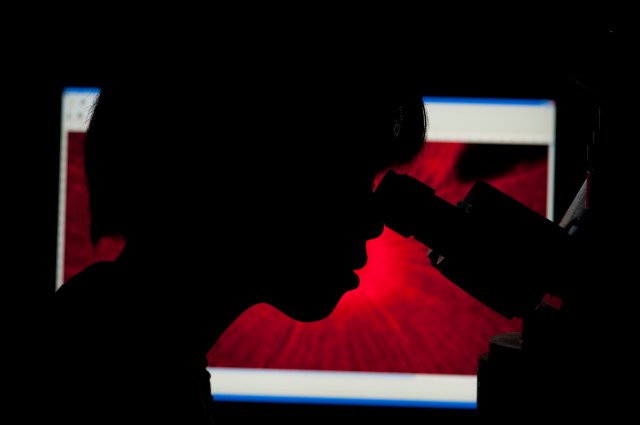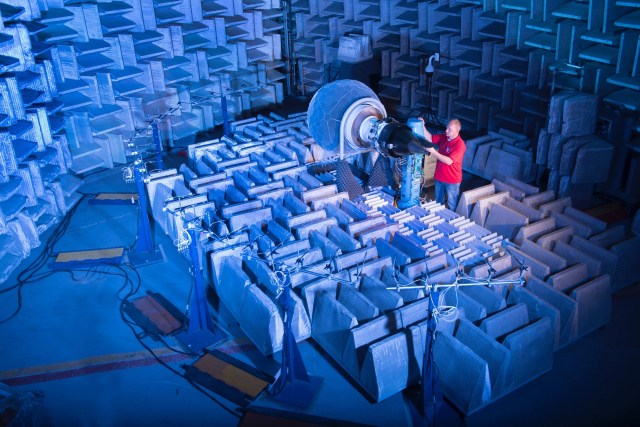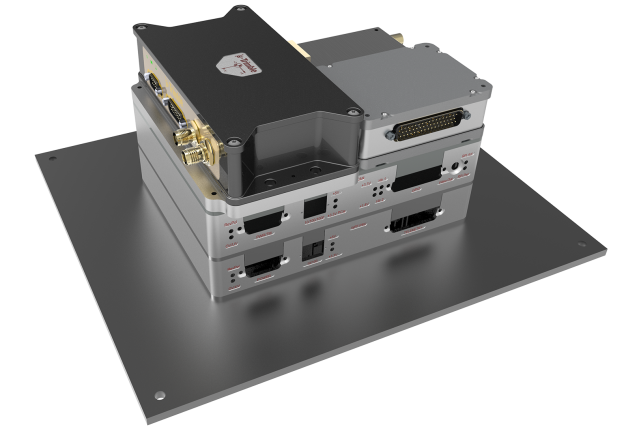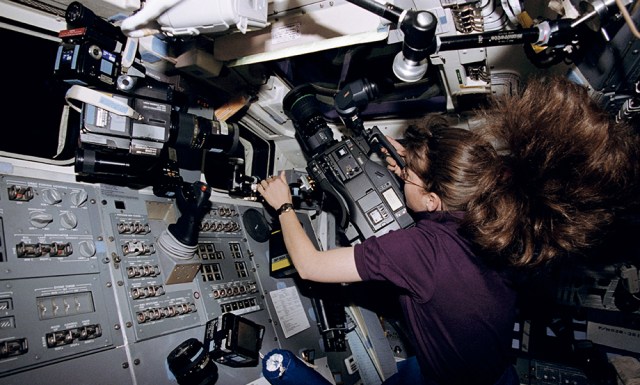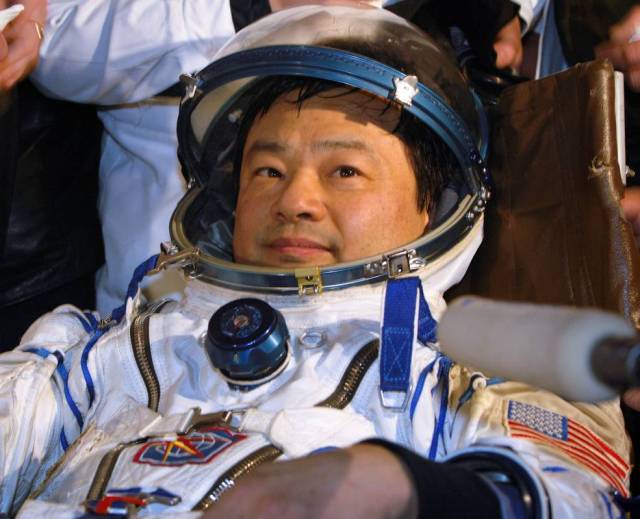NASA’s Goddard Space Flight Center will host the latest Getting to Know Goddard session – “Space Weather” – on Thursday, Sept. 9, 2021, from 1 to 2 p.m. EDT. One of the key components of space weather are the energetic particles – pieces of atoms that are traveling at nearly the speed of light. These particles can damage spacecraft and cause a radiation hazard to astronauts. This session will cover what we know about energetic particles, what we don’t know, and some plans for the future.
The speaker, Dr. Eric Christian, is a senior research scientist in the Goddard Heliospheric Physics Laboratory. He has a role in major Goddard solar science programs, including the Advanced Composition Explorer (ACE), Interstellar Boundary Explorer (IBEX), Integrated Science Investigation of the Sun (ISʘIS) aboard Parker Solar Probe, and the Interstellar Mapping and Acceleration Probe (IMAP) mission. Dr. Christian has a Bachelor of Arts in physics and astronomy from the University of Pennsylvania and a doctorate in physics from the California Institute of Technology.
The session will be broadcast and available for free to the public at https://video.ibm.com/channel/nasa-gsfc.
Advance questions may be submitted to https://gsfc.cnf.io/sessions/zrs1. Questions during the presentation may be submitted using the chat feature next to the video.
If you would like to request an accommodation (e.g., sign language interpreter, captioning service, reader services, etc.) to participate in this program, please contact Merechia Davis, disability program manager in the Goddard Equal Opportunity Programs Office, at 301-286-0561 or merechia.n.davis@nasa.gov.
The Getting to Know Goddard speaker series was created to introduce the work being done at Goddard to the public. If you would like to join our mailing list to receive notifications about events like Getting to Know Goddard, please join our mailing list at https://nvite.jsc.nasa.gov/RSVP/?id=8gkce.
Banner image: (Illustration) The Sun sends out a constant stream of particles and energy, which drives a complex space weather system near Earth and can affect spacecraft and astronauts. Credit: NASA
Deanna Trask
NASA’s Goddard Space Flight Center, Greenbelt, Md.
Deanna.m.trask@nasa.gov


